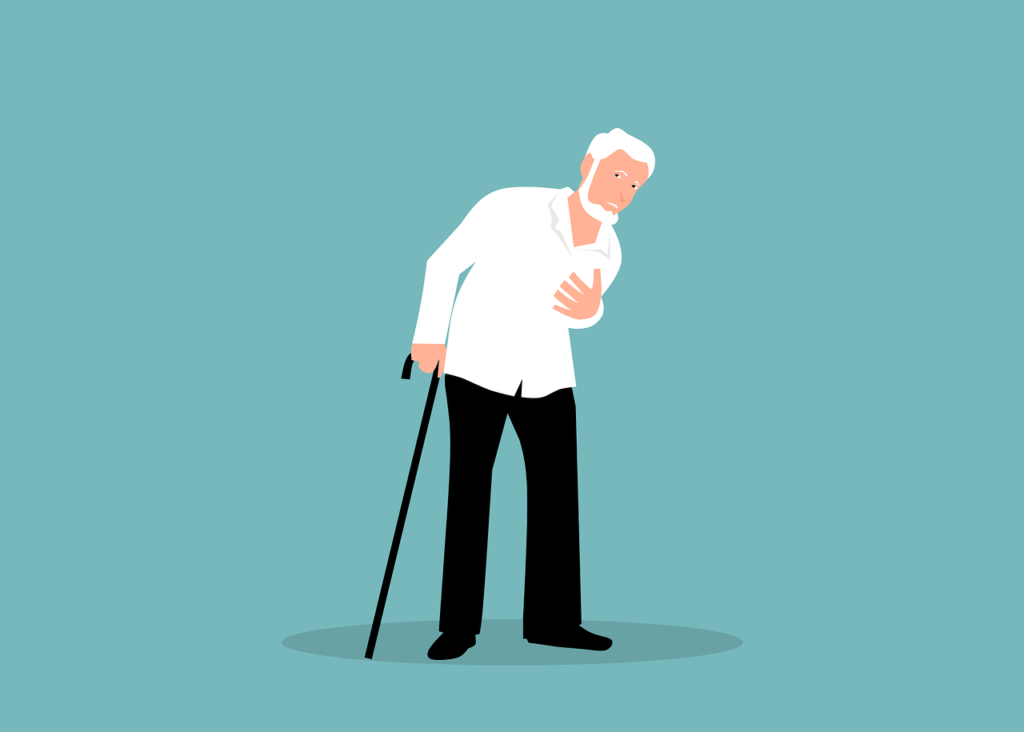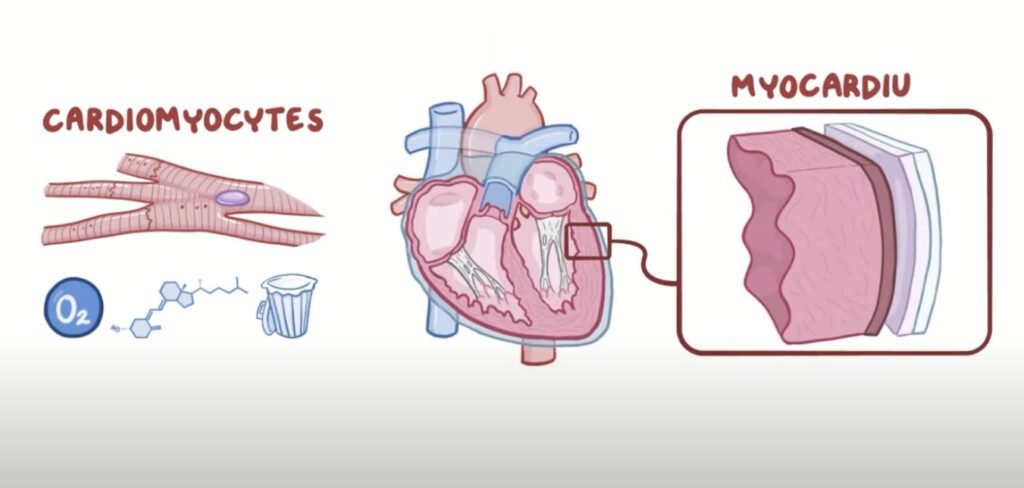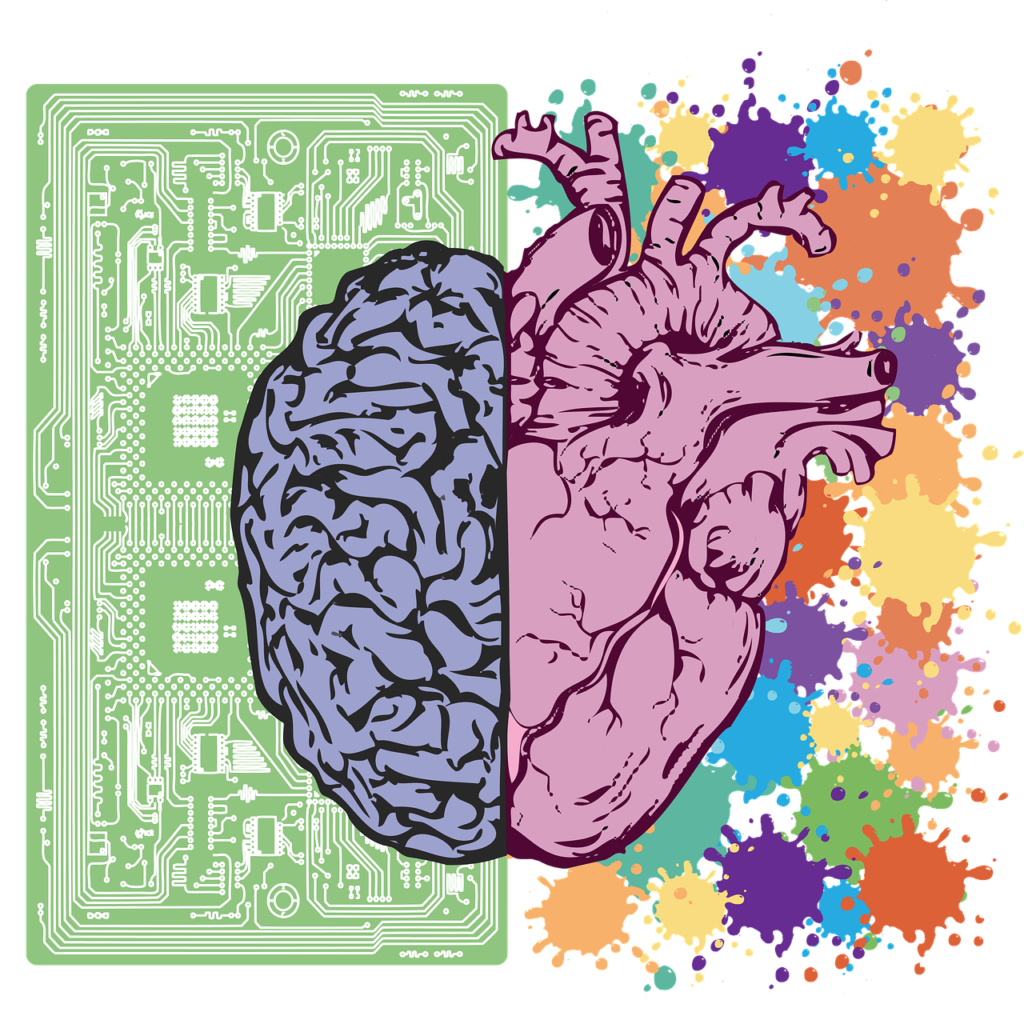Coronary heart disease encompasses various clinical syndromes resulting from the inadequate supply of blood to the heart due to coronary artery failure. These syndromes include angina pectoris, coronary thrombosis or heart attack, and sudden death without infarction.
As Mahatma Gandhi once said, “It is health that is real wealth and not pieces of gold and silver.” This emphasizes the importance of prioritizing health, especially heart health, which is fundamental to overall well-being.
Rising Incidence and Impact
In recent years, there has been a significant increase in the incidence of heart disease, making it the leading cause of death in many Western countries. In India, it ranks third after tuberculosis and infections. Heart disease affects individuals of all ages and genders, with a higher prevalence in men aged 40-60 years.
Risk Factors
Apart from specific causes, several risk factors elevate the likelihood of developing heart disease:
- Age and heredity: Risk increases with age, especially after 55 in women and 45 in men. Additionally, a family history of heart disease amplifies the risk.
- Obesity: Excess weight places strain on the heart and is associated with other risk factors such as high blood pressure and cholesterol levels.
- High cholesterol and blood pressure: Elevated levels of cholesterol and blood pressure contribute to the formation of plaque in arteries, restricting blood flow to the heart.
- Physical inactivity: Lack of exercise weakens the heart and circulatory system, increasing susceptibility to heart disease.
- Smoking: Tobacco use damages blood vessels, accelerates plaque formation, and significantly raises the risk of heart disease.
- Clinical depression: Depression not only affects mental health but also impacts physical well-being, raising inflammation markers and contributing to heart disease development.

The Takeaway
Preventing heart disease involves adopting a heart-healthy lifestyle and managing risk factors effectively. Key preventive measures include:
- Regular exercise: Engage in physical activity to strengthen the heart and maintain cardiovascular health.
- Healthy diet: Consume a balanced diet low in fats, sugars, and sodium, and rich in fiber, fruits, and vegetables.
- Maintain a healthy weight: Obesity increases the risk of heart disease, so strive to achieve and maintain a healthy weight.
- Stress reduction: Implement stress management techniques to alleviate pressure on the heart and reduce the risk of heart disease.
- Avoid smoking and excessive alcohol consumption: Tobacco and alcohol significantly elevate the risk of heart disease and should be avoided.
- Regular check-ups: Schedule annual physical exams with your doctor to monitor health status, detect abnormalities, and assess heart disease risk factors.
- Supplements: Follow your doctor’s advice regarding the use of supplements to support heart health.
- Awareness: Educate yourself about the warning signs of heart disease, heart attack, and stroke to take prompt action when necessary.
By prioritizing a heart-healthy lifestyle and addressing risk factors, individuals can significantly reduce the likelihood of developing heart disease, regardless of age. Remember, prevention is key to maintaining a healthy heart throughout life.
The Vital Role of the Heart
The heart, a crucial organ in the body, is a muscle responsible for pumping blood throughout the body. Despite being about the size of a clenched fist and weighing less than 350 grams, it pumps approximately 4,300 gallons of blood per day, supplying oxygen and nutrients to all organs.
Understanding Ischemia and Heart Attacks
When coronary arteries become narrowed or hardened due to fatty deposits, blood flow to the heart is restricted, leading to ischemia or angina pectoris. This condition manifests as severe chest pain during exertion or excitement, limiting physical activity. If a clot blocks a narrowed artery, it results in a heart attack or coronary thrombosis, potentially leading to death or leaving a scar.
Recognizing Symptoms

Symptoms of heart disease include shortness of breath, chest pain, palpitations, fainting, and fatigue. However, these symptoms can be indicative of various disorders, highlighting the importance of proper diagnosis through tests and studies.
Addressing Causes and Risk Factors
Wrong dietary habits, unhealthy lifestyles, and stress contribute to heart disease. The Framingham Heart Study identified seven major risk factors, including elevated blood cholesterol levels, high blood pressure, diabetes, obesity, smoking, and lack of physical exercise.
Winston Churchill once said, “Healthy citizens are the greatest asset any country can have.” This underscores the significance of addressing lifestyle factors to promote heart health.
Dietary and Lifestyle Modifications
A corrective diet low in sodium and calories, emphasizing natural organic foods, whole grains, seeds, fruits, and vegetables, is essential. Eliminating processed foods, sweets, and saturated fats while incorporating essential fatty acids, garlic, alfalfa, and yogurt can help lower cholesterol levels and prevent fatty deposits in arteries.
Natural Remedies and Supplements
A corrective diet designed to alter body chemistry and improve the quality of general nutritional intake can, incases, reverse the degenerative changes which have occurred in the heart and blood vessels.
The diet should be lacto-vegetarian, low in sodium and calories It should consist of high quality, natural organic foods, wich emphasis on whole grains, seeds, fresh fruits and vegetables. Foods which should be eliminated are all white our products, sweets, chocolates, canned foods in syrup, soft drinks, squashes, all hard fats of animal origin such as butter, cream and fatty meats.
substantially. The patient should also avoid tea, coffec, alcohol
The essential fatty acids which reduce serum cholesterol levels and minimise the risk of arteriosclerosis can be obtained from sunflower seed oil, corn oil or safflower oil.

Other important cholesterol lowering foods are alfalfa and yogurt. Lecithin helps prevent fatty deposits in arteries. Best food sources are unrefined, raw, crude vegetable oils, seeds and grains.
Vitamin C is also essential as it protects against spontaneous breaches in capillary walls which can lead to heart attacks. It also guards against high blood cholesterol. The stress of anger, fear, disappointment and similar emotions can raise blood fat and cholesterol levels immediately but this reaction to stress can do little harm if the diet is adequate in vitamin C and pantothenic acid.
The following is the suggested diet for persons suffering from hypertension or some disorder of the heart:Breakfast. Fresh fruit such as apples, grapes, pears, peaches, pineapple, orange milos, one or two slices whole meal cost,
yogurt.
Lunds: Combination salad of vegetables such as lettuce, cabbage, endive, carrots, cucumbet, beetroot, tomato, onion and garlic. One or to slices of whole meal bread or chappatis, curd, fresh grapes and other fruits in season.
Water Treatment
The use of an ice bag on the spinal area between the second and tenth thoracic vertebrae for 30 minutes three times a week, a hot compress applied to the left side of the neck for 30 minutes every alternate day and massage of the abdomen and upper back muscles are water treatments which are beneficial in cases of heart disease.
Home remedies like onions, garlic, Indian gooseberry, and honey, along with vitamin-rich foods like vitamin E, B, and C sources, play a crucial role in heart disease prevention and management.
Holistic Approaches and Therapies
In addition to dietary changes, moderate exercise, adequate rest, stress management, and yoga can support heart health. Water treatments, hot foot baths, and specific yoga poses and breathing exercises can provide relief to heart patients.
Conclusion
Coronary heart disease poses a significant health challenge globally, but with the right approach, it can be managed and prevented. By adopting a healthy lifestyle, incorporating natural remedies, and seeking holistic therapies, individuals can promote heart health and enhance overall well-being. Remember, prioritizing heart health is an investment in a long and fulfilling life.

FAQs: Addressing Common Concerns
- Can diet alone reverse heart disease? Yes, a corrective diet can reverse degenerative changes in the heart and blood vessels, especially when combined with other healthy lifestyle habits.
- Are there specific foods that can lower cholesterol levels? Absolutely! Garlic, alfalfa, yogurt, and foods rich in essential fatty acids like sunflower seed oil are known to lower cholesterol levels effectively.
- How can water treatments benefit heart health? Water treatments such as hot compresses and ice packs can alleviate heart-related discomfort and promote circulation, providing relief to individuals with heart disease.
- What role do dietary supplements play in heart disease prevention? Supplements like vitamin E and B group vitamins support heart function, improve circulation, and strengthen heart muscles, reducing the risk of heart disease.
- Is exercise important for heart health? Yes, moderate exercise is crucial for maintaining heart health. It strengthens the heart, improves circulation, and enhances overall well-being.
